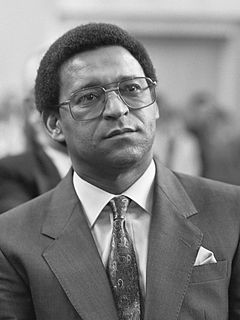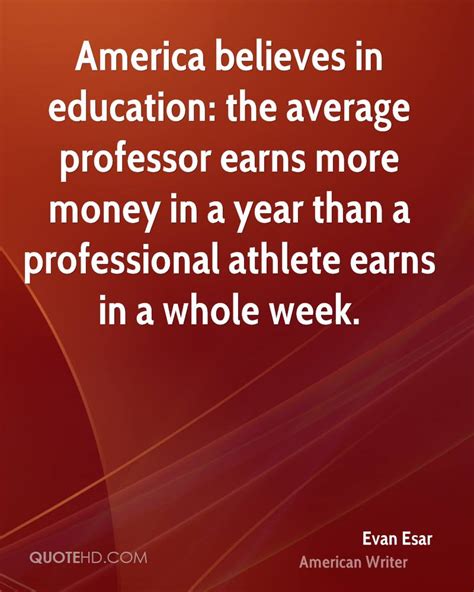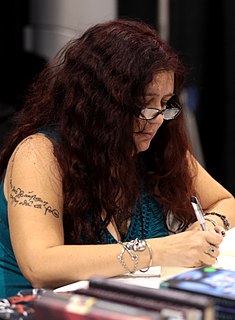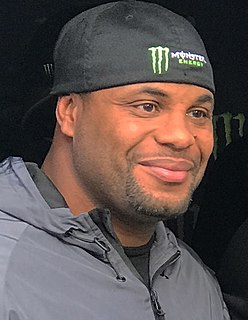A Quote by Herbert Hoover
American life is builded ... upon that fundamental philosophy announced by the Savior nineteen centuries ago ... [It] can not survive with the defense of Cain, "Am I my brother's keeper?
Related Quotes
There is a growing threat to the environment, to the vegetation, animals, water and air. Sacred Scripture hands us the image of Cain who rejects his responsibility: 'Am I my brother's keeper?' The Bible shows the human person as his brother's keeper and the guardian of creation which has been entrusted to him.
Our government should work for us, not against us. It should help us, not hurt us. It should ensure opportunity not just for those with the most money and influence, but for every American who's willing to work. That's the promise of America - the idea that we are responsible for ourselves, but that we also rise or fall as one nation; the fundamental belief that I am my brother's keeper; I am my sister's keeper.
The life of Islamic philosophy did not terminate with Ibn Rushd nearly eight hundred years ago, as thought by Western scholarship for several centuries. Rather, its activities continued strongly during the later centuries, particularly in Persia and other eastern lands of Islam, and it was revived in Egypt during the last century.































